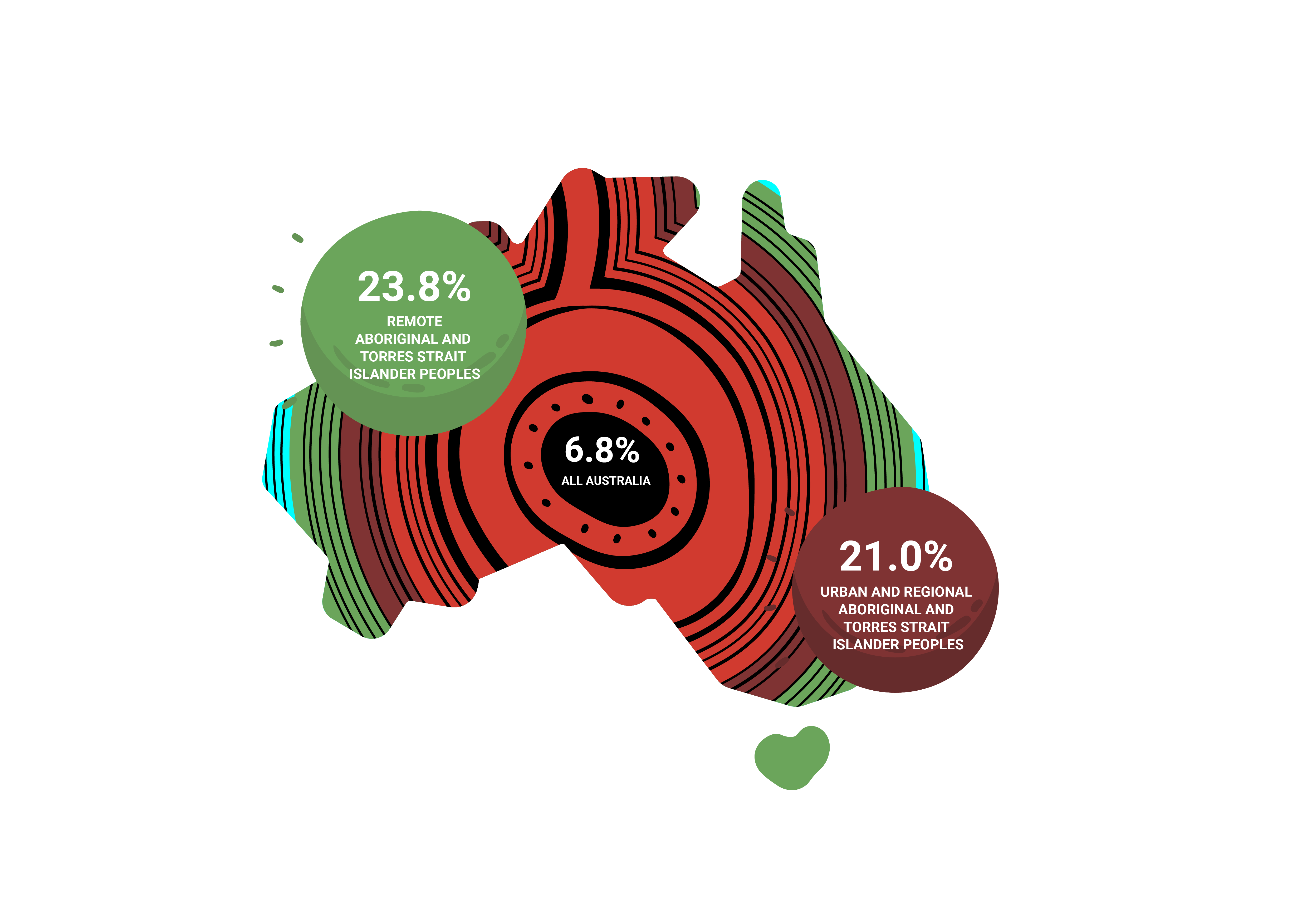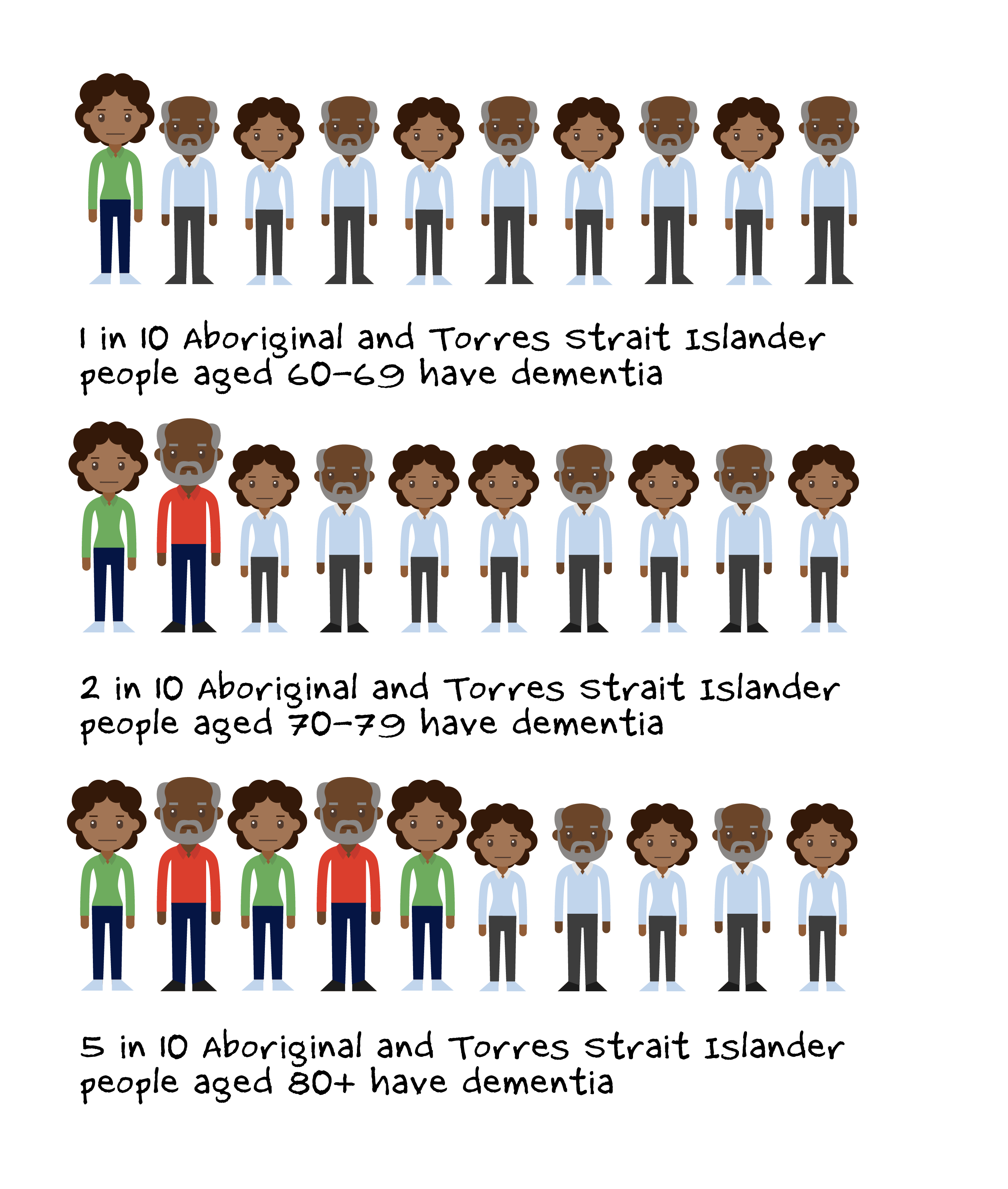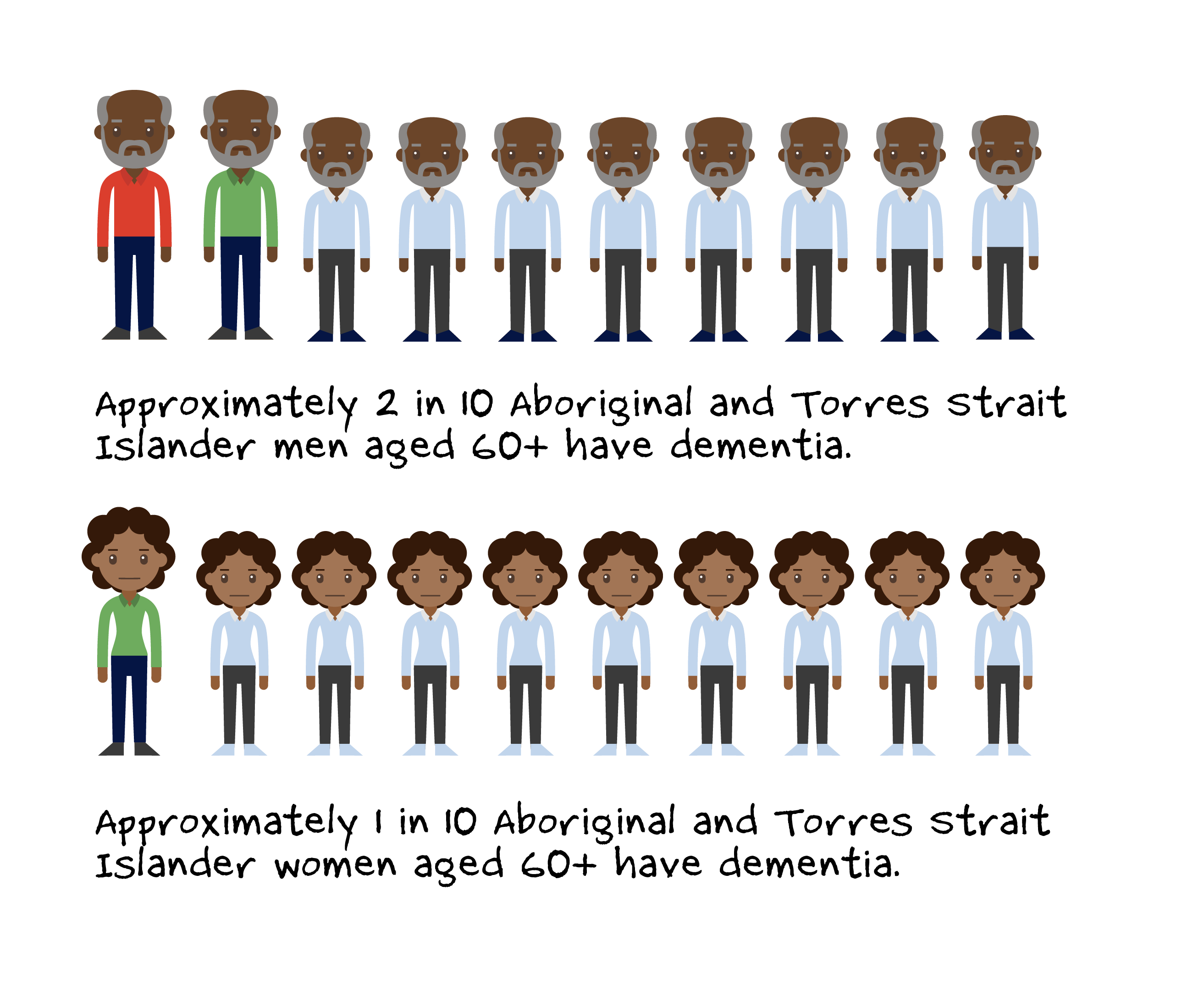Dementia & Our Mob

What is Dementia?
Dementia is a term used to describe a brain related illness that can affect a person’s ability to do the things they have always done, in the same ways they have always done them.
This could include changes in a person’s memory, emotions, the way they think about things, and their ability to keep doing things they have always done (like caring for themselves or others, organising things, or carrying out work or community responsibilities).
We are finding out more and more about what dementia is, every day. But we do know that getting and having dementia can have an impact on our mind, body and spirit. Dementia affects everyone differently, but there are some things that may be common for people living with dementia.
Dementia is not a normal part of ageing, but it does affect more people who are older. This means that not everyone who lives to an older age will get dementia, but it is more common for older people to get dementia than younger people.
Who gets dementia?
Anyone can get dementia.
There is research happening all the time to understand more about who gets dementia and why.
We know a bit about how dementia affects our brains and physical bodies, but research doesn’t know a lot about how dementia affects our spirit. Different mobs have different understandings about dementia, our bodies and our spirits. None of these are right or wrong, they all just add value to what we know and think about dementia.
The causes of Aboriginal dementia in Gugu Yimithurr culture is part of a natural process. The body, mind and spirit naturally get older including the brain… Dementia is a sick spirit, a lost spirit looking for help- we call this Wawu Warra- a sick spirit.
What we do know about dementia includes:
Alzheimer’s Disease is the most common type of dementia for Aboriginal and Torres Strait Islander people (and for all people!).
Genes
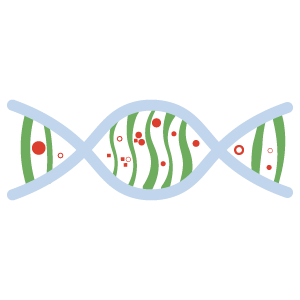
Life Experiences

Health Decisions

Different Types of Dementia
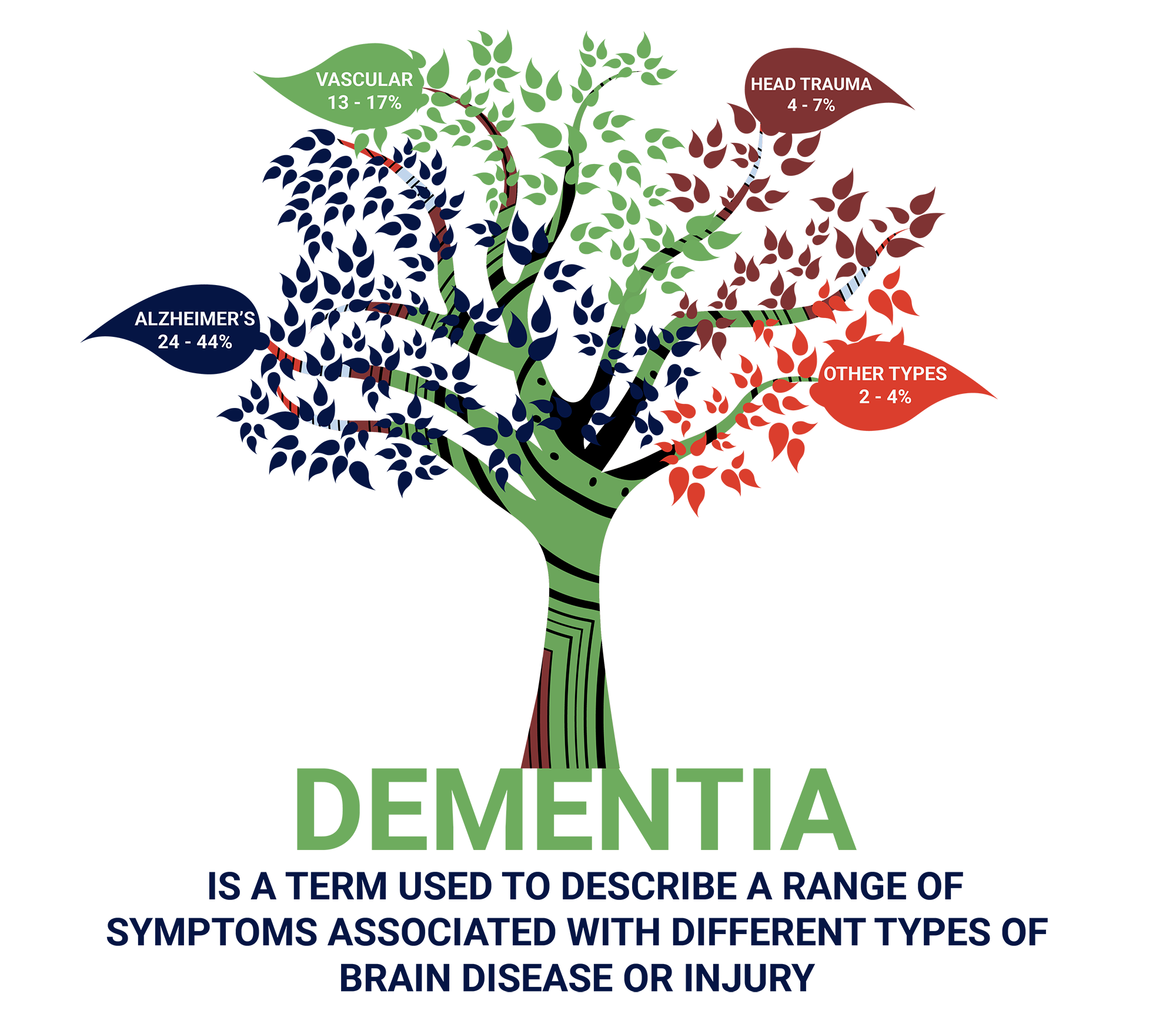
Normal Ageing
We talk about dementia as a condition that mostly affects older people. So, we say it’s an age-related illness. But, it is important to note that dementia is NOT a normal part of ageing. Growing old doesn’t mean a person will get dementia.
What will happen to me if I get dementia?
Every person’s dementia journey is different. Sometimes people experience small changes over a long period of time, and sometimes people can feel like all of a sudden, their lives have changed.
Watching someone you care about develop dementia can be hard too. You might notice small changes in a person’s memory or behaviour, and not think much of it until the symptoms get much worse.
Sometimes people want to know how long they will live once they get a dementia diagnosis. There is no simple answer to that question. Depending on the individual, their broader health, their support systems and the type of dementia they are diagnosed with, many people continue to live their lives for a long time after diagnosis. For other types of dementia, people can experience quite quick changes in their health and quality of life.
Dementia most commonly affects older people. But there are types of dementia that affect younger people, and can come about earlier in a person’s life. This is called younger onset dementia. People with younger onset dementia often experience more symptoms over a shorter period of time. But remember, every person’s journey is different, and it’s important to find out about each person’s specific diagnosis by discussing it with a doctor or specialist.
FIND OUT MORE ABOUT THE RESEARCH ON LIFE EXPECTANCY AND DEMENTIA ONSET


